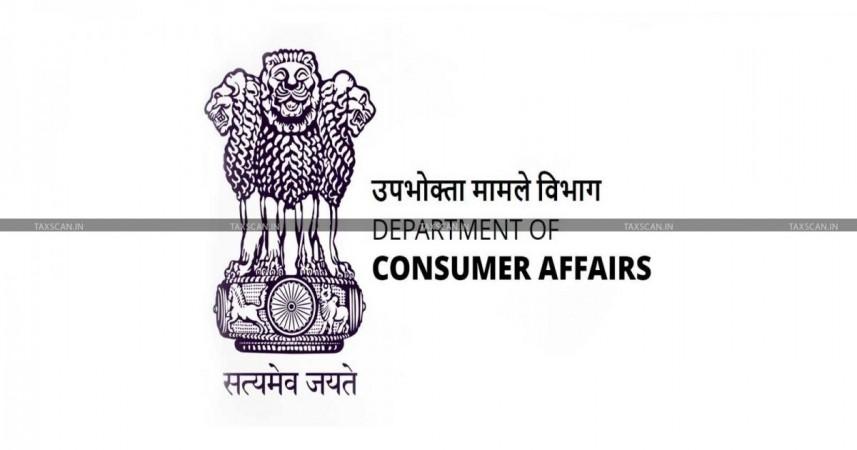
In a significant move aimed at curbing the menace of unsolicited and unwarranted business communication, the Department of Consumer Affairs, Government of India, has sought public comments on Draft Guidelines for the Prevention and Regulation of Unsolicited and Unwarranted Business Communication, 2024. The proposed guidelines are designed to regulate unsolicited or unwarranted business communication originating from unregistered telemarketers or 10-digit private numbers. The public has been given until 21st July, 2024 to provide their comments, suggestions, and feedback on the draft guidelines.
The draft guidelines have been developed after extensive deliberations with various stakeholders, including telecom operators, telecom regulators, and telecom organizations. The Department of Consumer Affairs (DoCA) has studied the impact of unsolicited and unwarranted communications on mobile users in depth in consultation with the Telecom Regulations Authority of India (TRAI). Despite existing TRAI regulations, such misleading and deceptive communication has become a sore point for mobile users.
The Committee and Its Role
To address this issue, a committee was constituted under the Chairmanship of Joint Secretary Department of Consumer Affairs. The committee included representatives from Department of Telecommunication (DoT), Telecom Regulatory Authority of India (TRAI), Cellular Operators Association of India (COAI), Bharat Sanchar Nigam Limited (BSNL), and major telecom companies like Vodafone Idea, Reliance, and Airtel. The committee, after extensive deliberations, suggested a draft framework which was examined by the Department.
The draft guidelines define "Business Communication" as any communication relating to goods or services including promotional and service communication but excludes personal communication. The guidelines are applicable on all persons and establishments who make or cause to make the business communication (Maker); engages the Maker of such communication; is the intended beneficiary from such communication; and in whose name such communication was made by the Maker.

Guidelines and Their Impact
The draft guidelines classify any business communication as Unsolicited and Unwarranted Business Communication if such communication is neither as per the consent nor as per the registered preference(s) of the recipient. The other conditions prescribed in Annexure 1 of the Draft Guidelines include initiating communication through unregistered number series or SMS headers, contacting recipients who have opted out, failing to obtain digital consent, not identifying the caller and the purpose of the call, and not providing a clear opt-out option with confirmation of opt-out if chosen by the consumer.
Additionally, communication that contravenes the Telecom Commercial Communications Customer Preference Regulations 2018 and related directions is also unauthorized. These measures aim to protect consumers from unsolicited and misleading calls and messages. The department is committed to safeguarding consumer interests and consumer rights, especially in the increasingly expanding and penetrative consumer space. The proposed guidelines will protect consumers from invasive and unauthorized marketing or promotion of goods and services.
This move by the Department of Consumer Affairs is a significant step towards protecting consumers from unsolicited and unwarranted business communication. It is a reflection of the government's commitment to safeguarding consumer interests and rights in the face of increasing digital communication and marketing. The proposed guidelines, once implemented, will not only regulate the business communication landscape but also provide consumers with a clear and effective mechanism to opt-out of unwanted communication. This is a welcome move and is expected to significantly reduce the number of unsolicited calls and messages, thereby enhancing the overall consumer experience and protecting their rights.










